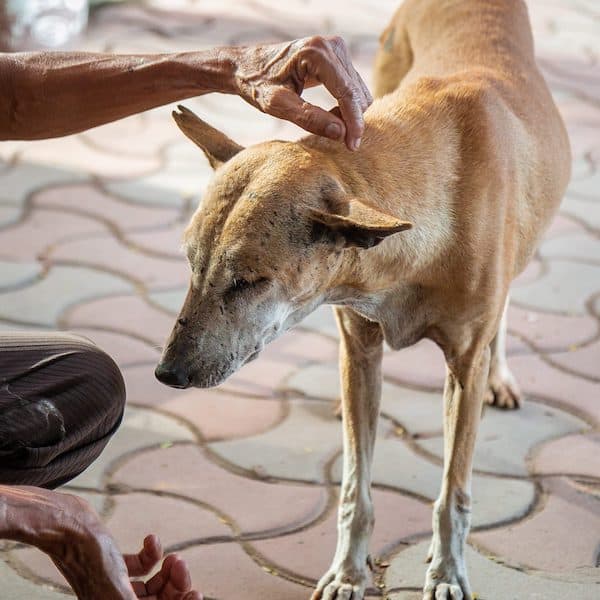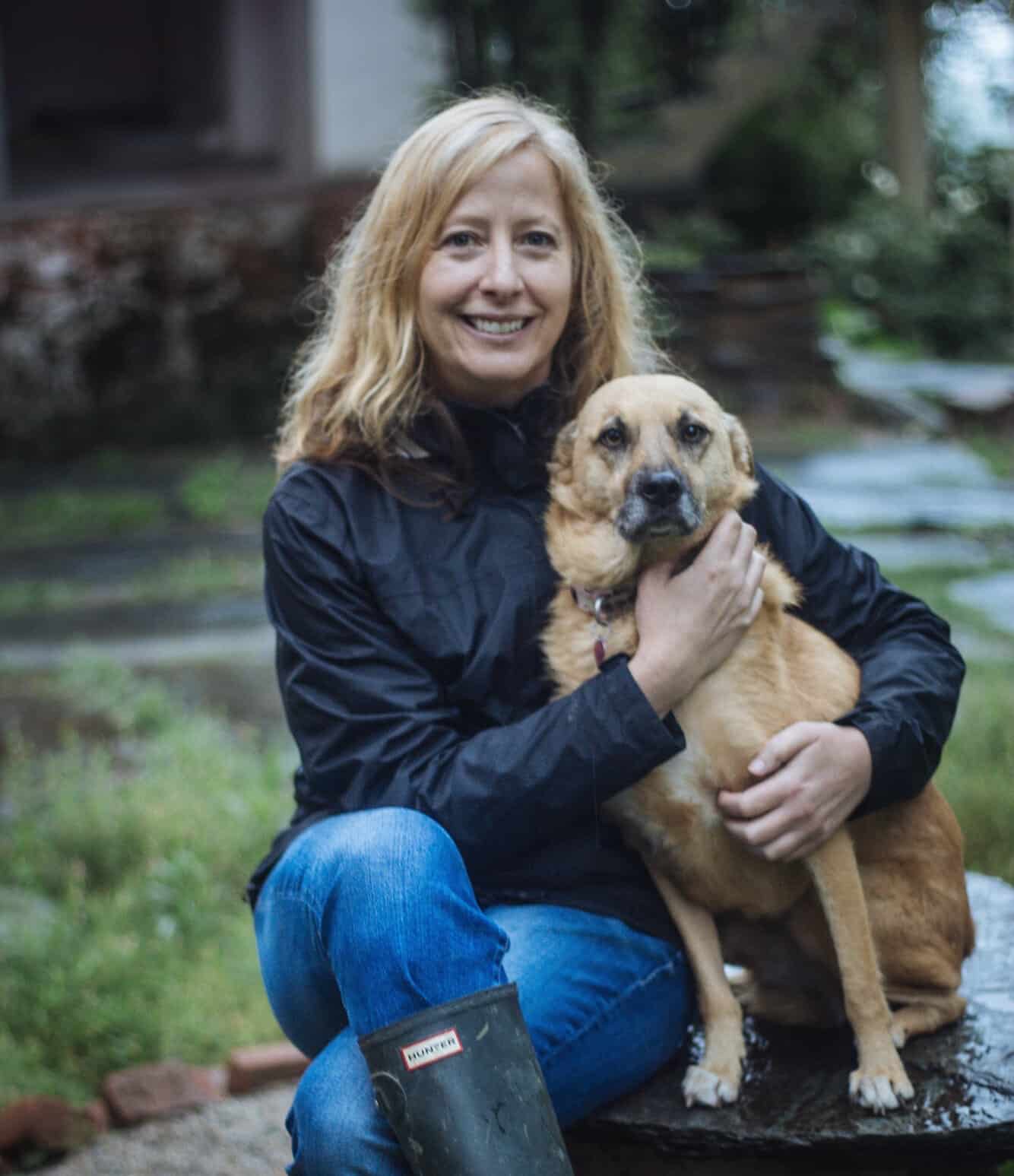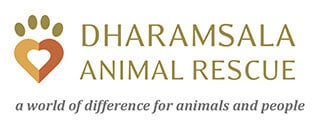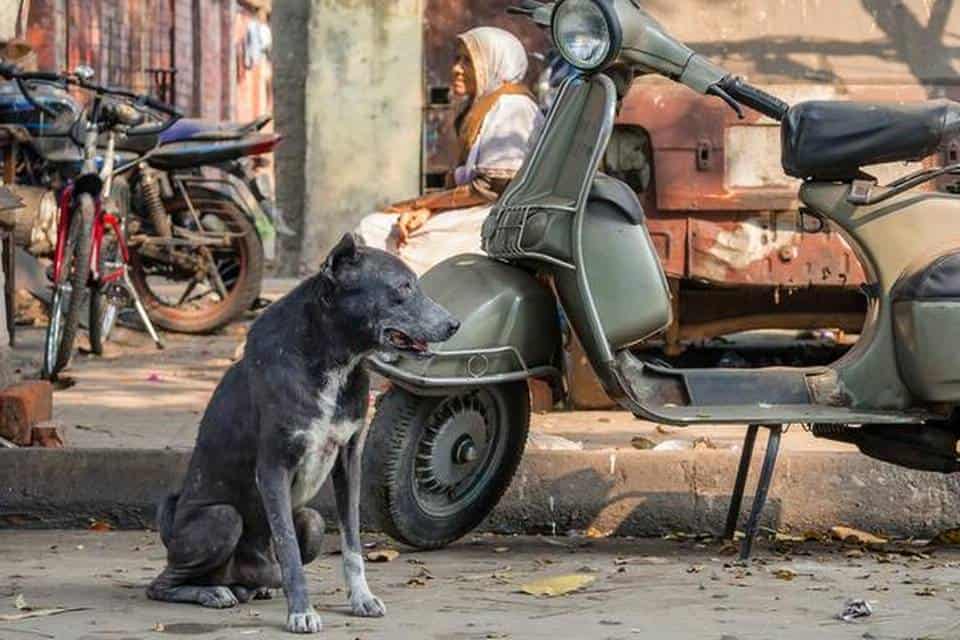I first heard about the Pariah Dog film on Facebook. Like most of us in the Indian dog-saving world, I was over the moon.
I had quit my job and moved from San Francisco to India in 2012, to do whatever I could to help the street dogs of Dharamsala, otherwise known as “pariah” dogs.
Most of us in the business of saving this indigenous breed of India (or any animal on the street) now refer to these amazing creatures as desi dogs; meaning “local” or native Indian dogs. We use this name in hopes of changing people’s perspectives and attitudes toward the dogs. Thinking that by marketing them differently, they will be treated as part of the community as opposed to unwanted pests or outcasts of society as their other name indicates.
At Dharamsala Animal Rescue, we have never had the budget nor the talent to put together great videos to show people in the west exactly what the situation is like. Now, there was a film to show all of my friends, families, and supporters exactly what the hell I have been trying to tell them all of these years, about the dogs, about the people, about India.
I knew I had to meet Jess Alk, the film’s creator, and find out what inspired him to make it. It was obvious we had a few things in common. I was lucky enough to have a great conversation with Jesse last week on the phone. Here are some edited excerpts from that conversation:
Deb: Jesse, I cannot wait to see this film in San Francisco at the SF DocFest. I have watched the trailer about 10 times and have shared it with so many folks. It brought me right back to India and the tragic magic of it all. What made you want to do a film about the street dogs of India?
Jesse: I just watched your Tedx Talk and I think we had a similar experience. I have been traveling to India for years, and I was always drawn to the dogs. I noticed how lonely the dogs seemed to be and craving attention. I had no idea that the majority of the dogs living on the street were not abandoned dogs like we would see in the United States, but indigenous dogs of India who had lived on the streets for generations.
Deb: Yes, I know what you mean “craving attention.” We have vets come volunteer with us from western countries and they cannot believe how friendly the dogs are in comparison to the many of the pets they treat back home. Most of dogs are just dying for love even if they are nervous at first. It is so surprising because most of them are treated pretty horribly. I’ll never forget seeing a dog run over in front of my eyes and then wagging his tail as I approached him. Why did you travel to India in the first place? More specifically, Kolkata.

Subrata Das, one of the characters in PARIAH DOG, comforting a street dog near Rashbehari Crossing, Kolkata, India. Subrata is an auto-rickshaw driver, and feeds over seventy dogs across the city.
Jesse: I first went to India because my dad, who was a filmmaker, had passed away. He had spent time in Kolkata so I went as to visit places he had been and meet some of the people he knew. I went with one his friends who showed me around and I shot video for her site called, Baul Archive. My dad is a lot of the reason this film got made.
I don’t know if you have been to Kolkata but it is a really interesting place. It is mystical in nature and everyone wants to be a poet, writer, artist, or a musician. Everyone wants to be the next Rabindranath Tagore.
Deb: I have never been to Kolkata. Honestly, I barely ever left Dharamsala unless it was to go home to the US to visit. It was not easy setting up a charity. Learning how to get things done in India, finding the people who wanted to do the work, and figuring out the best way to help the dogs was all consuming. I wanted to save them all but you learn real fast that it is impossible so you just do the best you can. Speaking of, it was so hard for me to watch the crippled puppy crawling across the road in the trailer. I just kept thinking he was going to get hit by a car and I wanted to go help him. How hard was that to film?
Jesse: It was so difficult. I was conflicted and I did not know what the right answer was. I knew I needed to document it but I also felt the need to intervene. I know it looks like it is staged that the kid comes along and picks up the puppy but it wasn’t. I felt huge relief. After the shot, I did get the puppy to an animal rescue.
PARIAH DOG - Trailer from Jesse Alk on Vimeo.
Deb: Oh, that is great to hear. I still can’t believe you won the top prize when it premiered at the Big Sky Documentary Film Festival – and it’s a film about the street dogs of India!
Jesse: It started off that way, as a film strictly from the perspective of the dogs. But as I met interesting dog feeders, it shifted to becoming more about the human caretakers and their lives caring for these dogs. These humans, just like the dogs, seemed to live on the sidelines of mainstream Bengali society. The film shows the parallel between the people and animals, that maybe both were a little lost and overlooked.
Deb: Yes, the people and the dogs do go hand in hand. I always say it is the dogs that brought me to India but it was the people that kept me there for almost seven years. Do you miss Kolkata?
Jesse: Absolutely. It is so boring here! I hope to get back as much as I can. For right now though, it is about the film. We are scheduled to be in Krakow, Mammoth, and San Francisco in the next couple of months. I really hope to show it in Mumbai and other places in India.
Deb: Well, I am looking forward to seeing the film and meeting you in person on San Francisco.
~
Come join, me, Deb Jarrett – DAR Founder and Pariah Dog filmmaker, Jesse Alk at the SF DocFest on June , 2019 at 9pm at the Roxy Theater in San Francisco. Buy your ticket here.
Get our best articles straight to your inbox.
Subscribe to The DARling below:
About the author

Deb Jarrett
Founder - Dharamsala Animal Rescue
Deb Jarrett, at age 40, decided her life needed some shaking up. In fact, she needed to rattle her brains a bit. She was done climbing the corporate ladder, paying mortgages and internet dating—so she quit her job and moved to India to help animals. Not to be confused with Elizabeth Gilbert, at this point in her life, Deb had done just about all of the self discovery she so desired on therapist couches, yoga retreats, and spiritual workshops. In fact, she Eats very carefully, due to the risk of bacteria and parasites. She no longer Prays after experiencing the harsh reality of the developing world on a day-to-day basis and believes compassionate action is the answer. However, she did find Love with an Indian man. She started Dharamsala Animal Rescue in 2008 after her first trip to India.

